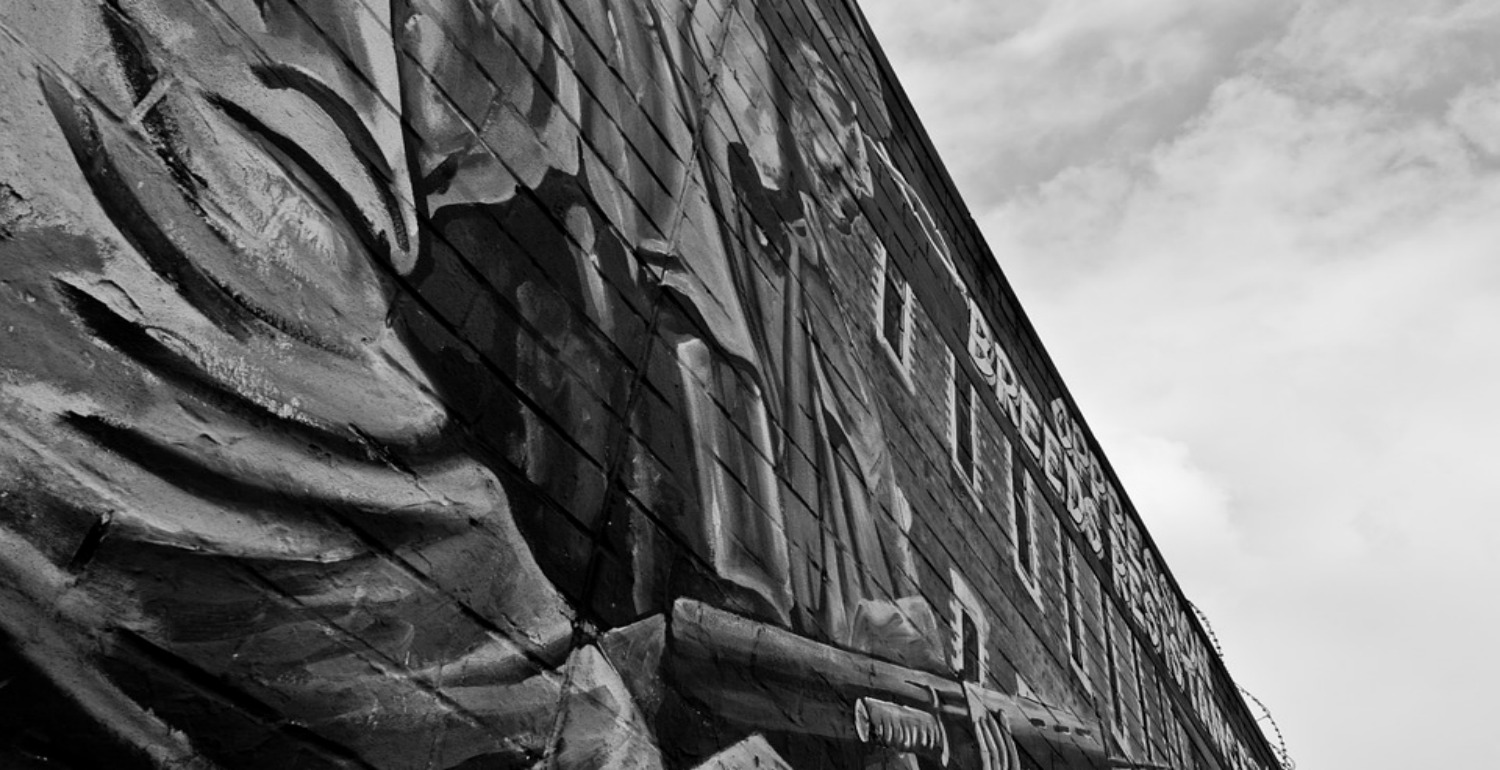This hearing examined allegations of the involvement of security forces in intimidation and harassment of human rights advocates in Northern Ireland. The hearing focused on the unsolved murders of two Belfast defense attorneys, Rosemary Nelson, and Patrick Finucane, killed in 1999 and 1989. Commissioner Harold Hongju Koh, Assistant Secretary of State for Democracy, Human Rights, and Labor, expressed the State Department’s concern with that there was not sufficient protection of lawyers, the rule of law, and human rights in Northern Ireland. Commissioner Smith noted that “Defense attorneys are the ‘Helsinki Commissioners’ of Northern Ireland. The OSCE can be a valuable forum in which to provide cover for these human rights advocates. The United States and United Kingdom are quick to criticize emerging democracies that fail to abide by the rule of law and due process. The best way to lead in these matters is by example.”
Members
Hon. Christopher Smith
Chairman
Commission on Security and Cooperation in Europe
Hon. Benjamin Gilman
Chairman
Committee on International Relations
Hon. Joseph Pitts
Commissioner
Commission on Security and Cooperation in Europe
Witnesses
Harold Hongju Koh
Assistant Secretary for Democracy, Human Rights and Labor
Department of State
Geraldine Finucane
Widow of Patrick Finucane
Eunan Magee
Brother of Rosemary Nelson
Jane Winter
Director
British Irish Rights Watch
Paul Mageean
Legal Officer
Committee on the Administration of Justice
Michael Posner
Executive Director
Lawyers Committee for Human Rights
Relevant Issues
Relevant Countries
Leadership

Helsinki Commission House Leadership Marks Fourth An...
Jun 06, 2024WASHINGTON—Today, Chairman Rep. Joe Wilson (SC-02) and Ranking Member Rep. Steve Cohen (TN-09) marked the fourth annual Counter-Kleptocracy Month. The U.S. Helsinki Commission has marked Counter-Kleptocracy month since June 2021 […]

Helsinki Commission Advances Human Rights, Demands f...
Oct 19, 2023By Shannon Simrell, Senior Policy Advisor Between October 2-13, 11 Helsinki Commission staff joined approximately 1,400 representatives of OSCE participating States (pS) and civil society representatives in Warsaw, Poland in […]

Vladimir Kara-Murza: Putin’s Personal Prisoner
Sep 20, 2023Stream here: HEARING: Vladimir Kara-Murza: Putin’s Personal Prisoner – YouTube Vladimir Kara-Murza, a father, husband, and a freedom fighter, has been in detention for over five hundred days and is currently […]

Russia’s Alpine Assets: Money Laundering and S...
Jul 18, 2023Switzerland has for years been a primary destination for Russian money laundering and, since the Russian invasion of Ukraine, a weak link in Western sanctions enforcement. This Helsinki Commission hearing […]

United States Demonstrates Global Leadership on Ukra...
Jul 14, 2023The Helsinki Commission’s four senior leaders helmed the United States’ bicameral, bipartisan delegation to the 30th Annual Session of the OSCE Parliamentary Assembly last week in Vancouver, Canada. Co-Chairman Senator […]
Helsinki Commission Chair and Co-Chair Lead Delegati...
Jul 10, 2023WASHINGTON—Helsinki Commission Co-Chair Senator Ben Cardin (MD) and Helsinki Commission Chair Representative Joe Wilson (SC-02) led a bipartisan Congressional delegation to the 30th Annual Session of the OSCE Parliamentary Assembly (OSCE […]
Hearing: Supporting a Democratic and Secure Moldova
Jul 06, 2023Wednesday, July 12, 2023 2:00 pm Cannon House Office Building, Room 210 Live stream: https://www.youtube.com/watch?v=jm-R6rfQbCo In recent years, Moldova has enacted numerous reforms under current Moldovan President Maia Sandu to […]
Helsinki Commission Leadership Celebrate Pardon of N...
Jun 23, 2023Washington—Today, the Chairman and Ranking Member of the Commission on Security and Cooperation in Europe, also known as the U.S. Helsinki Commission, Representative Joe Wilson (SC-02) and Ranking Member Steve […]
Chairman Wilson and RM Cohen Mark Third Annual Count...
Jun 16, 2023WASHINGTON—Today, Helsinki Commission Chairman Joe Wilson and Ranking Member Steve Cohen, Co-Chairmen of the Counter-Kleptocracy Caucus, marked the third annual Counter-Kleptocracy Month. “Foreign corruption and kleptocracy is the main reason […]
HELSINKI COMMISSION SENDS APPEAL TO GEORGIAN PRESIDE...
Apr 28, 2023WASHINGTON— The leadership of the Commission on Security and Cooperation in Europe, also known as the U.S. Helsinki Commission, Chairman Representative Joe Wilson (SC-02), Co-Chairman Senator Ben Cardin (MD), and […]

North Macedonia’s Leadership of the OSCE in a ...
Feb 28, 2023North Macedonia has taken up leadership of the world’s largest regional security organization—the Organization for Security and Cooperation in Europe (OSCE)—a year into Putin’s brutal invasion of Ukraine. Much of […]
HEARING: NORTH MACEDONIA’S LEADERSHIP OF THE OSCE IN...
Feb 24, 2023Tuesday, February 28, 2023 1:00 p.m. to 2:00 p.m. Streaming: https://www.youtube.com/watch?v=xNgAOyC9f5g North Macedonia has taken up leadership of the world’s largest regional security organization—the Organization for Security and Cooperation in Europe […]


